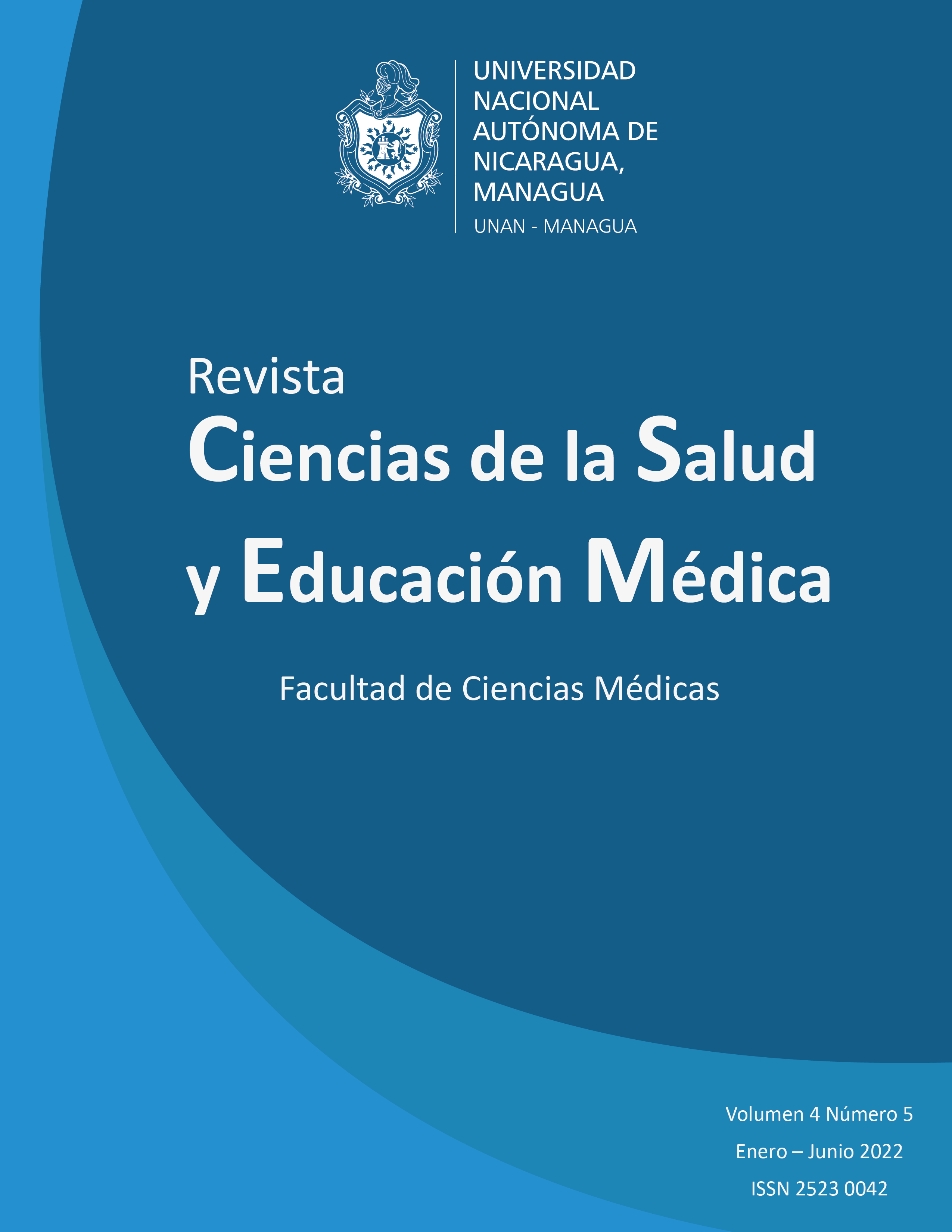Effect of nitazoxanide on qPCR seronegativity in patients infected with SARS-CoV-19
Abstract
Currently, the gold standard for the diagnosis of SARS-CoV-2 infection is RT-PCR (reverse transcriptase PCR). In addition to its diagnostic function, it is an indirect indicator of the viral load that a patient has. Our knowledge of this new virus indicates that a high viral load is associated with a worse prognosis and a more severe clinical picture. Therefore, achieving a decrease in said load can improve the prognosis of patients.
To this end, nitazoxanide is a therapeutic alternative that has the potential to reduce viral load. A retrospective observational study was carried out where, at the beginning of the study, a control qPCR (real-time PCR) was performed to later administer 500 mg of nitazoxanide to the participants every six hours for 7 days, after which the qPCR was repeated. The results were contrasted and analyzed, observing a negative result in 55.55% of the participants, it remains to determine molecularly with viral counts the real percentage of nitazoxanide for the seronegativity of the test.
Key words: COVID-19, nitazoxanide, qPCR, SARS-CoV-2.

